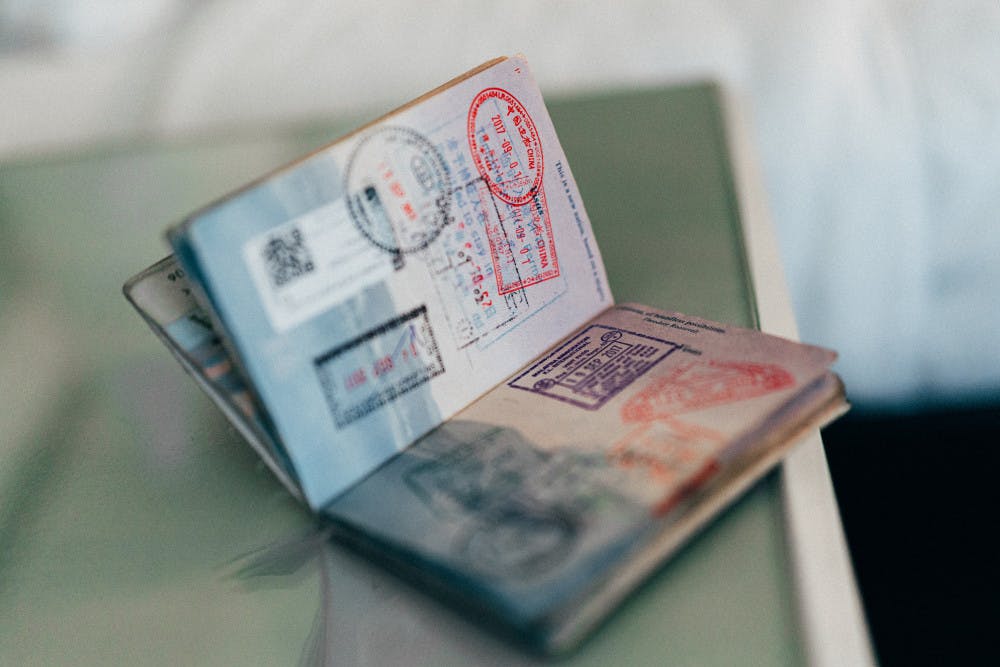A Gainesville family of five went to Highlands Presbyterian Church Saturday afternoon, but not for a religious service.
They were there to get a new community ID, an alternative form of identification for those who don’t have access to state IDs. The community ID drive was hosted by the Human Rights Coalition of Alachua County on Feb. 29.
The event, located at the church at 1001 NE 16th Ave., was the sixth drive in the coalition’s community ID program, which began in October 2018, said Elizabeth Ibarrola, the coalition’s director of immigration concerns.
These IDs are a benefit for undocumented immigrants, seniors, homeless people and members of the LGBTQ+ community, Ibarrola said. These groups often need the IDs because they might have IDs that misgender them, or because they may not have access to a state driver’s license or the forms required to receive it.
The IDs are recognized by the city of Gainesville, Alachua County and its sheriff’s office, the Gainesville Police Department and all of Gainesville’s hospitals, Ibarolla said.
Since the program began, more than 600 Alachua County residents have purchased a community ID for $10 each, said Reina Saco, the program’s lead advisor, a local civil rights attorney and a candidate for the Gainesville City Commission.
Program organizers are looking to get supporters to also purchase the community IDs to encourage recognition and acceptance for those who need the IDs, Saco said. Those who are homeless can get the ID for free. Anyone looking to receive an ID must go to a hosted drive like this one and bring a form of identification, such as the passport, as well as proof of residence and age.
A passport is an acceptable form of identification and proof of age, and a utility bill works as proof of residence, she said.
The husband of the family, whom The Alligator granted anonymity to because of his immigration status, said he and his wife got the IDs so that they don’t have to use their passports as identification to pick up their children from school.
Ibarrola said the coalition launched the program after they noticed other undocumented immigrant parents without state IDs had trouble picking up their kids from school because their passports sparked questions about their status.
Sometimes, undocumented immigrants only have passports as their form of identification, Saco said. Using a passport can cause these people to be treated differently.
“There’s always the inevitable question of ‘oh, you’re not from this country?’” Saco said.
She said because the address on the community ID makes it clear a person is an Alachua County resident, the identification will likely prevent them from receiving questions about their residential status.
The next ID drive will take place on March 21 from 8 a.m. to 2 p.m. at Iglesia Hispana de Alachua, or the Hispanic Church of Alachua in English, located at 13719 NW 146 Ave.
Saco said boosting community participation in the program will help the ID program’s success.
“It really has changed the lifestyles of a lot of people, to now have the community ID they have,” Saco said.
Photo by ConvertKit on Unsplash






